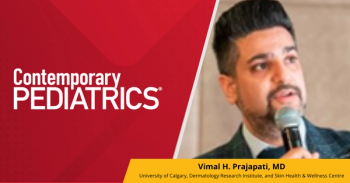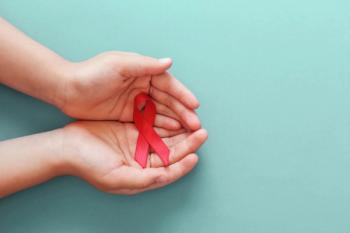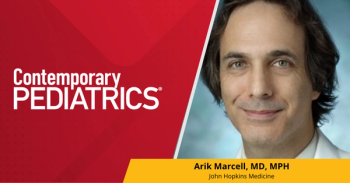
Pediatricians play key role in HPV prevention
Pediatricians can play a key role in preventing cancer by recommending vaccination with a human papillomavirus (HPV) vaccine for their adolescent patients.
Pediatricians can play a key role in preventing cancer by recommending vaccination with a human papillomavirus (HPV) vaccine for their adolescent patients. “A strong recommendation from the provider increases parent acceptance of the vaccine,” said Joseph A. Bocchini Jr, MD, professor and chairman, Department of Pediatrics, Louisiana State University Health Sciences Center, Shreveport.
Speaking at a session titled “Preventing HPV-related cancers: pediatricians and the HPV vaccine,” on Sunday, October 12, he said, “We need to rapidly improve the uptake of HPV vaccine to reduce the burden of HPV-related cancers. As long as the immunization rate of adolescents in the United States remains as low as it is, cohorts of children will move through our practices remaining susceptible to preventable HPV-related cancers. Delaying immunization to an older age will result in adolescents becoming infected before they are immunized, reducing the effectiveness of the vaccine.”
He pointed out that HPV is the most common sexually transmitted pathogen in males and females, with 14 million new infections annually in the United States. The highest prevalence is in sexually active adolescents and young adults, and the first infection often occurs soon after the onset of sexual activity. Most infections are asymptomatic and resolve after 1 or 2 years, but persistent infection increases the risk for genitourinary and oral cancers. Both the quadrivalent and bivalent HPV vaccines are highly effective in preventing genital warts, precancerous lesions, and HPV-related cancers, and no significant major risks have been identified. A 9-valent vaccine is under investigation.
Bocchini said that immunization would have a greater impact if HPV vaccine were given universally before the onset of sexual activity. Antibody response is greater when the vaccine is given between age 11 and 15 years than when it is given later. He urged providers to recommend HPV vaccination for young adolescents aged 11 and 12 years as strongly as they recommend the Tdap (tetanus, diphtheria, and pertussis) vaccine and the meningococcal conjugate vaccine. “Studies consistently show that a strong recommendation from you is the single best predictor of vaccination,” he said, adding that the message “HPV vaccine is cancer prevention” resonates strongly with parents.
Newsletter
Access practical, evidence-based guidance to support better care for our youngest patients. Join our email list for the latest clinical updates.








